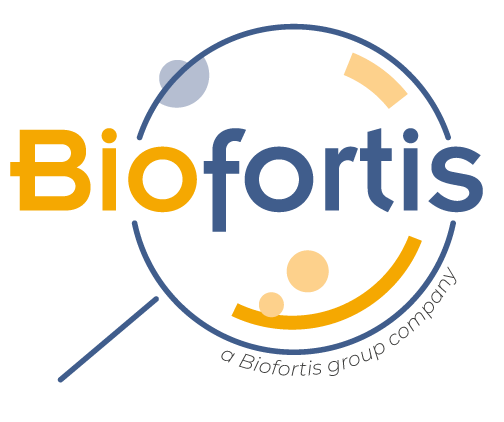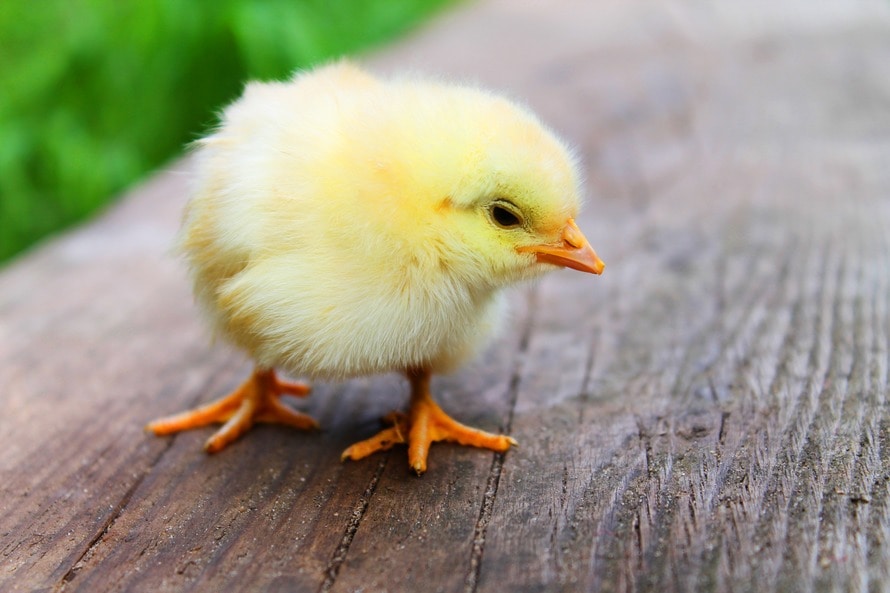ANIMAL GUT MICROBIOME, A NEW LAND TO EXPLORE
For years now, microbiome is getting serious traction in the scientific community with numerous studies and publications. It is now well demonstrated that the complex microbial ecosystem settled in the mammalian gastrointestinal tract, referred to as the gut microbiome, has a major impact on physiology and health.
Gut microbiome is today considered as a key parameter to evaluate animal health. We know that gut microbiome plays fundamental roles in nutrient absorption, gut wall integrity, immune functions but also environmental adaptive functions.
WHY RUNNING A MICROBIOME ANALYSIS?
Facing great tomorrow’s challenges for breeding (regulatory, environmental, sanitary…), there is ongoing research into how an animal’s gut microbiome may be associated with health and welfare. Gut microbiome imbalance (dysbiosis) is responsible for numerous animal pathologies (diarrheas, acidosis, liver abscesses…).
Consequently, gut microbiome and its impacts on animal physiology is of great interest to explore, especially in several areas:
– Management of nutrition and antibiotic use
– Improvement of zootechnical performances
– Phenotypic parameter optimization (diseases resistance, robustness…)
– Prophylaxy monitoring in digestive pathologies
– Development of new nutrition products to prevent diseases (diarrhea…) and improve animal fitness

A CASE STUDY: “EVALUATION OF DIET ADDITIVES FOR PIGLETS HEALTH”
Antibiotic can cause dysbiosis (microbiome unbalance) with a dramatic decrease of microbiome diversity leading to dramatic health consequences. To evaluate the impact of several diet supplements (alternative to antibiotic) on gut microbiome, we carried out two kind of analysis:
√ A global analysis of bacterial composition (targeted microbiome analysis) to get an overview of microbiome equilibrium.
√ A targeted approach with the quantification of specific pathogen target (quantitative PCR). Within a pre-clinical study, this additive under health evaluation has demonstrated a “positive effect” on the gut microbiome of piglets, especially in respecting and maintaining the microbiome diversity but also in decreasing pathogen risk of colonization during weaning period, that allows to increase “animal performances” (better growth performance, antibiotic treatments…).
Biofortis will add value in your research project
Biofortis has a solid and extensive experience in designing and running pre-clinical and clinical studies.
With its own microbiome platform, our scientists team is also involved in numerous research projects on several animal species.
For your research project, Biofortis can take in charge:
– The study design
– The best sampling collection method and if necessary, dedicated kits preparation
– Microbiome analysis (targeted metagenomics)
– Bacterial quantification (qPCR)
– Bioinformatics (sequence processing, quality control of reads, taxonomy assignment, clustering…)
– Biostatistics and methodology, with a dedicated web platform to visualize your results
– Scientific interpretation and communications
Microbiome analysis could be completed by other biological parameters (pH, Short Chain Fatty Acids…).

